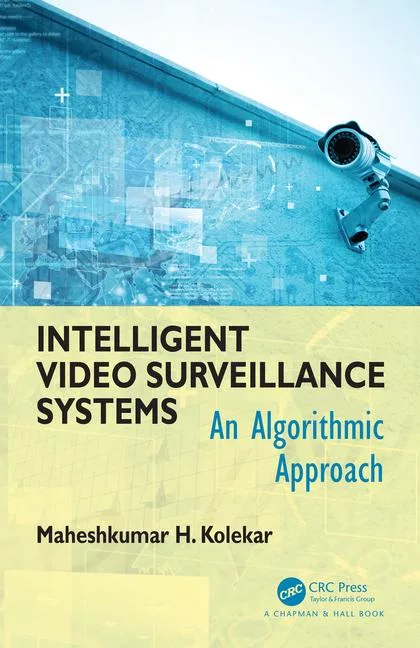The government is spending millions of dollars to determine whether video games can be designed as instructional tools for intelligence analysts, who help compile reports that U.S. officials use to identify potential threats from emerging foreign powers.
The Intelligence Advanced Research Projects Activity (IARPA), research arm of the director of national intelligence, is coordinating the effort by hiring some of the nation's largest defense contracting companies. The latest contract, a $9.1 million project awarded to a team led by Boeing Co. for work through December 2015, was issued in April through the Air Force Research Laboratory.
Officials said they view the multiyear research program, known as Sirius, as an effort to improve analyst training for college students, who could become tomorrow's analysts.
The effort could eventually contribute to courses taught at the Advanced Technical Intelligence Center for Human Capital Development (ATIC), a Beavercreek organization that works with colleges and companies to train intelligence analysts.
The National Air and Space Intelligence Center at Wright-Patterson Air Force Base, and Dayton-area defense contracting companies that support the base's work, employ intelligence analysts. The government has reported spending more than $80 billion annually on intelligence gathering.
ATIC is supporting one of the research contracts that preceded the award to Boeing, said Hugh Bolton, president and chief executive officer of the Beavercreek center.
Researchers hope to help analysts recognize and overcome their own cognitive biases in assessing intelligence data for potentially critical information about an unfriendly country's military capabilities.
People use their life experiences as the basis for decision-making. Cognitive biases describe the phenomenon in which people effectively take short cuts, and overlook or underestimate important information as a result, by relying solely on their experience without doing more thorough analysis and consulting additional sources.
Research has indicated that video games designed as instructional aids can help a person better understand the effect of cognitive bias and correct for it. (Chicago Tribune)





